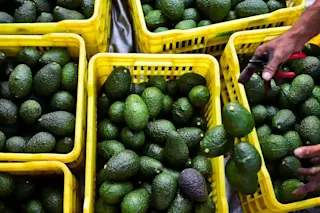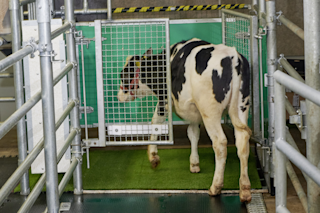It's always a curious thing when liberals become conservatives (or vice versa), and people do an about-face on climate change or atheism. You wonder what triggered the conversion. Was it a gradual shift, an existential crisis, or an epiphany? On individual issues, I wonder if it depends on how deeply you are invested in a given position. For example, a week ago, the cartoonist Doug Piraro wrote that genetically modified food "scares the crap out of me." Here was his accompanying cartoon.

In a follow-up post days later, Piraro recanted:
Thanks to several comments by readers, I did more thorough research and completely changed my mind.

Whoa. That was quick. In his post, Piraro attributes his sudden turnabout to him
being an open-minded, reason-based person instead of, say, a politician; you don't stick to erroneous beliefs in the face of new evidence for fear that people will think you are fallible.
But lots of people who aren't politicians stick to "erroneous beliefs" in the face of contrary evidence. And the GMO issue is a prime example. In a post elsewhere earlier this year, I discussed the relevant Cultural Cognition work by Yale University's Dan Kahan, and also quoted from American Association of Advancement of Science (AAAS) President Nina V.Fedoroff, who had speculated on why many people remain so opposed to genetically modified foods:
The explanation probably lies in our own psychology. Belief systems, especially if they are tinged with fear, are not easily dismantled with facts.
But if some belief systems aren't so locked in, as may be the case with the cartoonist Doug Piraro, perhaps reason and facts can win out over fear.













